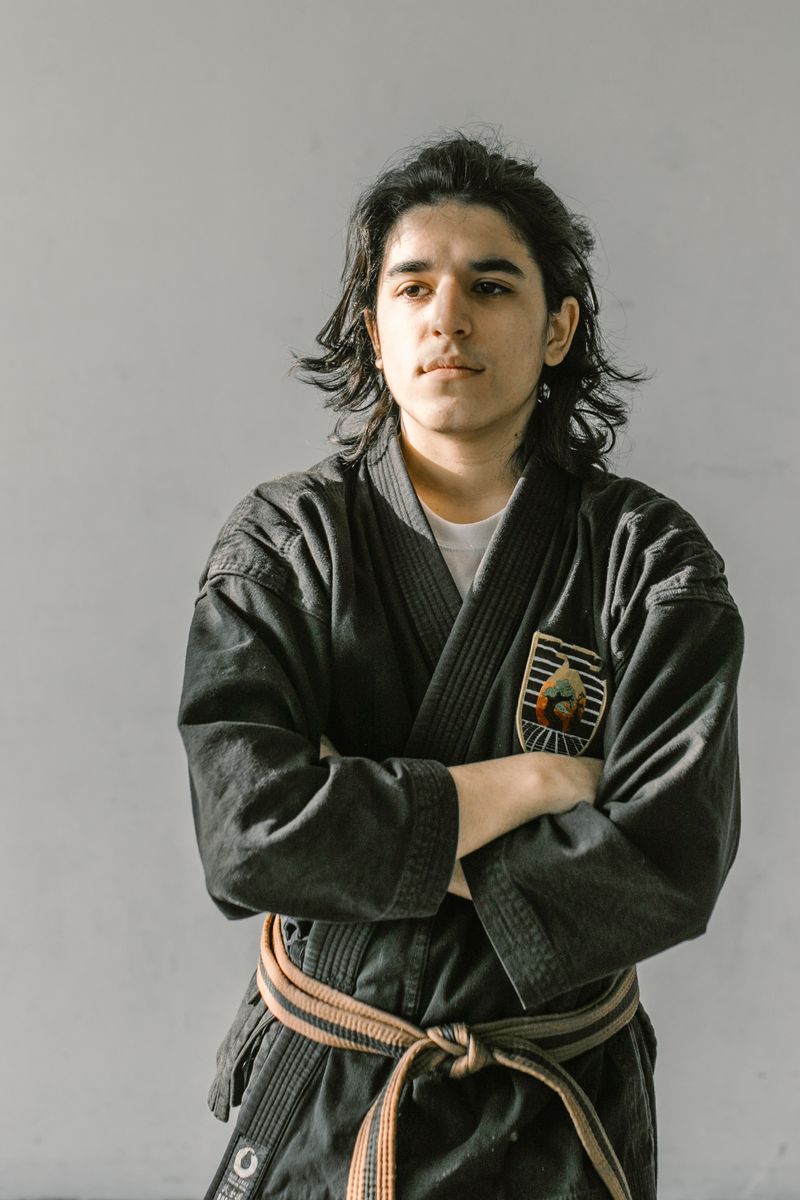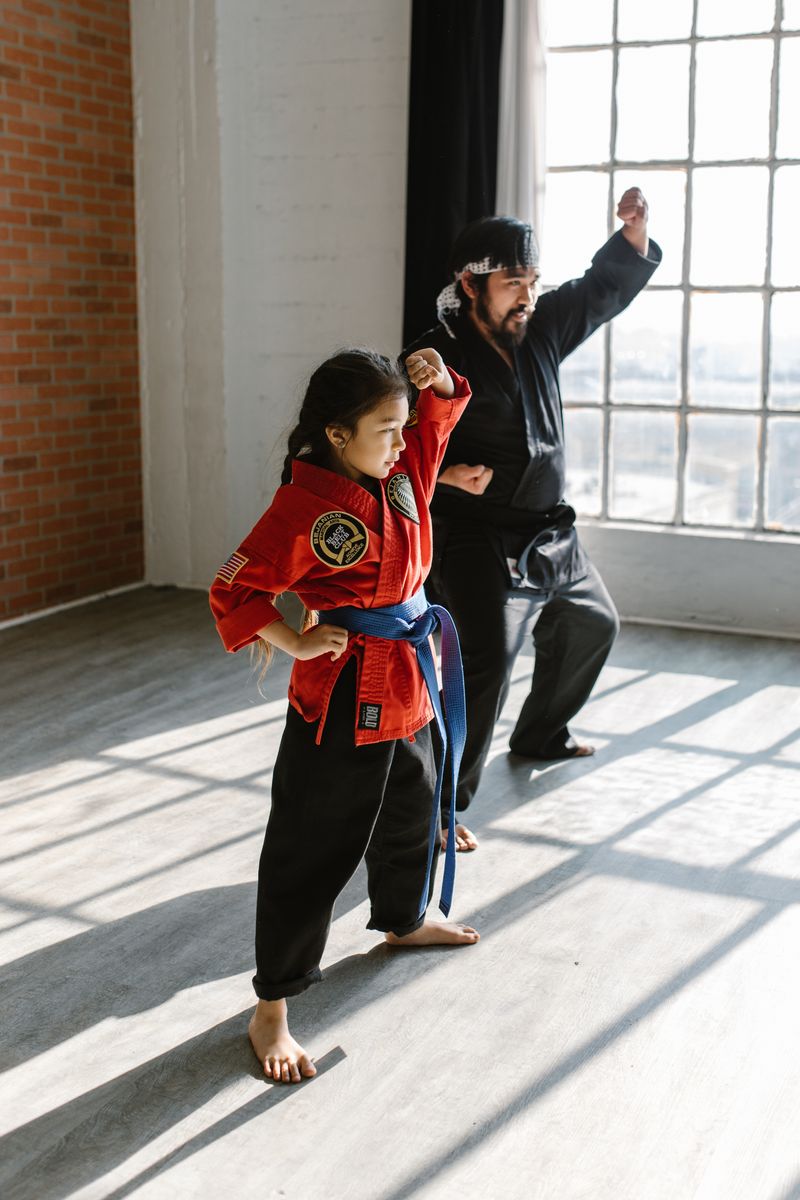Derrick Lewis’ Unconventional Win and Post-Fight Interview at UFC 291
Introduction
Derrick Lewis, the veteran UFC heavyweight, secured an exciting victory in a highly unorthodox manner during UFC 291. With a rare flying knee, he knocked Marcos Rogério de Lima off balance, leading to a first-round TKO win. Lewis’ win was further augmented by breaking the record for the most UFC knockouts with 14. However, it was Lewis’ post-fight interview that truly garnered attention, as he delivered a series of outlandish and explicit comments that both delighted and shocked viewers.
Innovation in Technique
The use of a flying knee is remarkable and rarely seen in heavyweight fights. Typically associated with lighter weight classes, such a technique often catches opponents off guard and can result in significant damage if executed correctly. Derrick Lewis’ successful integration of this move highlights his adaptability and skill as a fighter. It is a testament to the ever-evolving nature of mixed martial arts and the creativity of its athletes.
Entertainment and Controversy
Derrick Lewis has long been known for his entertaining personality and post-fight antics. His decision to remove his shorts after the win, a gesture he has performed in the past, is seen by some as a humorous and light-hearted quirk. However, others argue that such behavior could be seen as disrespectful and detract from the professionalism expected in the sport. The use of a crotch chop further adds to the controversy surrounding Lewis’ actions.
A Philosophy of Authenticity in Sport
Examining Lewis’ post-fight interview comments, it is clear that he prioritizes authenticity over political correctness. While some may find his language and explicit remarks objectionable, it is essential to recognize that Lewis’ intention is to express himself genuinely. In an era often filled with scripted answers and media-trained athletes, there is a refreshing quality in Lewis’ unfiltered statements. The question that arises, then, is whether athletes should be encouraged to share their true thoughts and emotions, or if they should conform to societal expectations and adopt a more calculated approach.
The Duality of Sportsmanship and Entertainment
Sports, especially combat sports, straddle the fine line between camaraderie and spectacle. Athletes are expected to demonstrate sportsmanship and respect for their opponents, but they are also entertainers who need to captivate audiences. Derrick Lewis’ victory and subsequent interview highlight the tension between these two aspects of the fight game. While there is a need for athletes to maintain a level of professionalism, it is also important to allow them room for genuine self-expression. Finding the right balance can be challenging but crucial for the longevity and growth of the sport.
Editorial Opinion: Promoting Authenticity and Sportsmanship
As fans and stakeholders of mixed martial arts, we should embrace the authenticity and diversity of its athletes. Derrick Lewis’ post-fight interview, though unconventional and at times explicit, provides a glimpse into a personality that goes beyond the confines of media-trained responses. It is crucial to remember that athletes are human beings, not merely characters to be molded and controlled for public consumption.
However, there is also a responsibility for athletes to consider the impact of their words and actions. While authentic self-expression is important, it must be balanced with a level of respect for the sport, fellow fighters, and the audience. A higher standard of professionalism and sportsmanship should be encouraged, even in moments of elation and victory.
Advice: Nurturing a Culture of Authenticity and Respect
To foster a culture of authenticity and respect within mixed martial arts, several steps can be taken:
1. Provide Media Training with a Focus on Authenticity
Athletes should still receive media training to ensure they are well-prepared for interviews and interactions with the press. However, the emphasis should be on preserving their authenticity and finding ways to express themselves genuinely while maintaining respect for others.
2. Platform for Athlete Perspectives
Promotions and media outlets should create platforms where athletes can share their thoughts and experiences, both inside and outside of the cage, in a controlled and respectful setting. This allows fans to connect with the fighters on a deeper level, promoting mutual understanding and appreciation.
3. Celebrate Diversity of Personalities
Mixed martial arts encompasses fighters from various backgrounds, each with their unique personalities. Embracing this diversity and allowing fighters to express themselves authentically will attract a broader audience and foster a sense of inclusion within the sport.
4. Enforce Codes of Conduct
While promoting authenticity, it is essential to ensure that athletes adhere to a code of conduct that includes respect for opponents, officials, and the audience. Violations should be met with appropriate disciplinary action to maintain the integrity of the sport.
In conclusion, Derrick Lewis’ victory and subsequent interview at UFC 291 have ignited discussions surrounding authenticity, entertainment, and sportsmanship in mixed martial arts. While there is a need for athletes to express themselves genuinely, it is vital to strike a balance between authenticity and professionalism. By nurturing a culture that promotes respect, diversity, and authenticity, the sport can continue to evolve while maintaining its integrity.

<< photo by RDNE Stock project >>
The image is for illustrative purposes only and does not depict the actual situation.
You might want to read !
- The Future of Mets’ Justin Verlander: Uncertainty and Excitement
- Mets Take a Gamble: Trading for Justin Verlander Signals a Team in Transition
- “Exploring the Twitterverse: Netizens React to Alex Pereira’s Controversial Win over Jan Blachowicz”
- “An Explosive Clash: Pereira Triumphs Over Blachowicz in UFC 291 Showdown”
- “Exploring the High Stakes and Excitement of the UFC 291 Fight Card”
- The Thrilling Rematch: Insights and Projections for UFC 291




